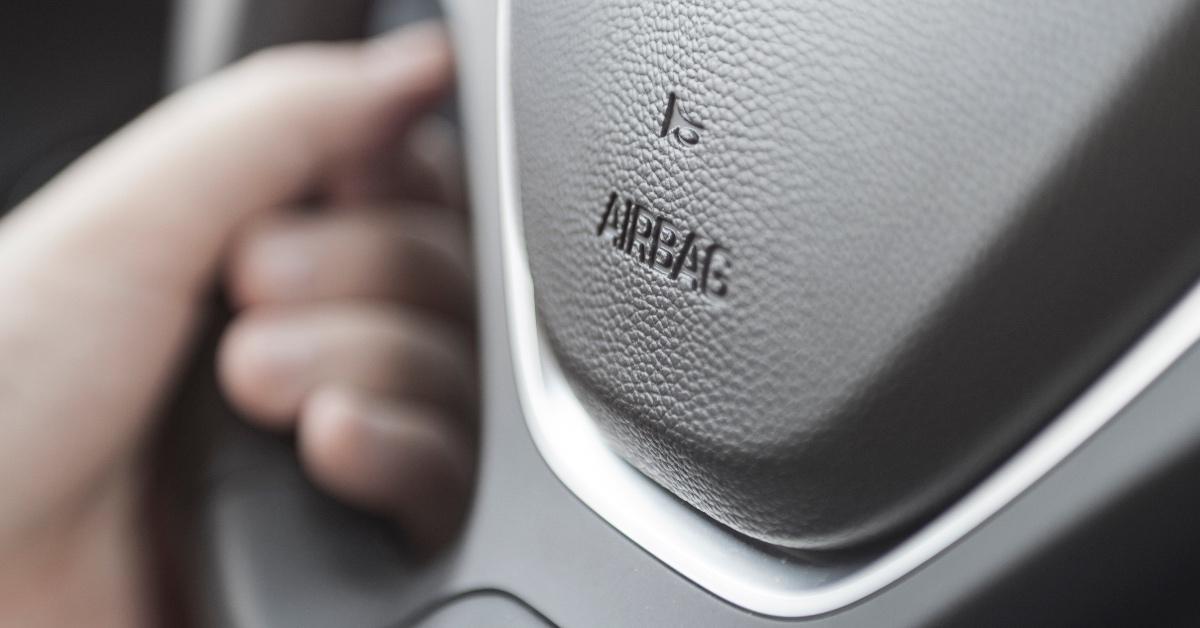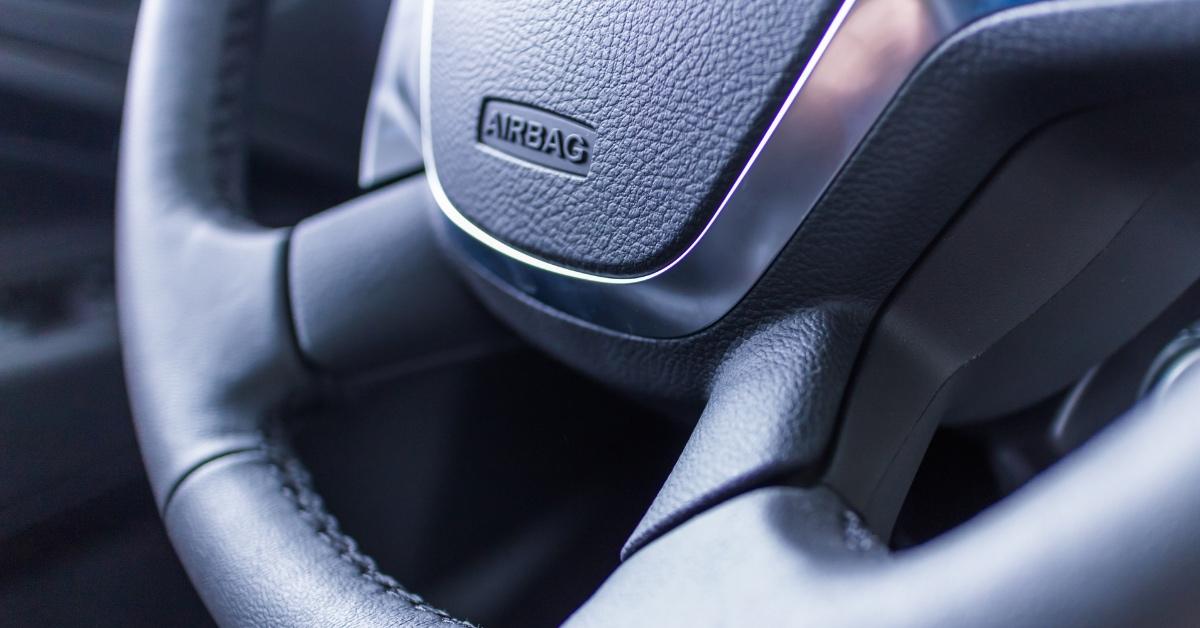NHTSA Moves to Compel Air Bag Recall After Air Bags Send Shrapnel Flying
Updated Sept. 6 2023, 12:57 p.m. ET

Recalls, by nature, are designed to protect the greater public from dangerous errors or potentially deadly illnesses in the products we use in our daily lives. According to the Rockland Times, there are two types of product recalls: voluntary recalls, in which the manufacturer recalls a product based on feedback or product surveillance, and compulsory recalls, in which the recall is not the manufacturer's decision.
It always causes a stir when a product is being compulsory recalled, but in the case of the ARC Automotive and Delphi Automotive airbag recalls, that might be a good thing.
The National Highway Traffic Safety Administration (NHTSA) set a meeting for Oct. 5, 2023, to compel (force through) a recall of these two airbag products after learning they may send metal fragments flying — here's what you should know.

The NHTSA has compelled an air bag recall for two auto suppliers.
On Sept. 5, 2023, U.S. auto regulators, including the NHTSA, said that at least 52 million airbag inflators by the auto supply companies ARC Automotive and Delphi Automotive must be recalled because they may explode when the airbag is deployed and "send dangerous metal fragments flying," per Reuters.
The NHTSA will set a public meeting on Oct. 5, 2023, to compel a recall.
ARC Automotive rejected a voluntary recall in a May 2023 letter, claiming defects to the airbag inflators did not exist, there was never a conclusive root cause of the explosions, and that any airbag issues "resulted from random 'one-off' manufacturing anomalies that were properly addressed" with individual recalls.
In January 2018, however, the agency reportedly installed devices on their manufacturing lines that could detect excesses of other debris like "weld slag," reported Reuters.

In turn, the NHTSA responded that "the evidence does identify a likely cause" and that finding a root cause of the explosions "is not a reason for delaying a recall."
According to CBS News, the NHTSA says the recall is justified following the deaths of two people, including a Michigan woman in 2021, and seven injuries resulting from the defective airbag inflators.
If the recall goes through, the inflators are in vehicles from 2000 to 2008 from Volkswagen, BMW, Mercedes-Benz, Kia, Toyota, Tesla, Hyundai, Ford, General Motors, and Stellantis.
On Sept. 5, the NHTSA said in a statement, "Air bag inflators that rupture when commanded to deploy are plainly defective, as they both fail to protect vehicle occupants as they should, and, themselves, pose an unreasonable risk of serious injury or death."

Several individual manufacturers have already conducted voluntary air bag inflator recalls, including General Motors, which recalled an estimated 1 million vehicles manufactured between 2014 and 2017 with ARC air bag inflators in March 2023 after a rupture caused facial injuries to the driver, according to Consumer Reports.